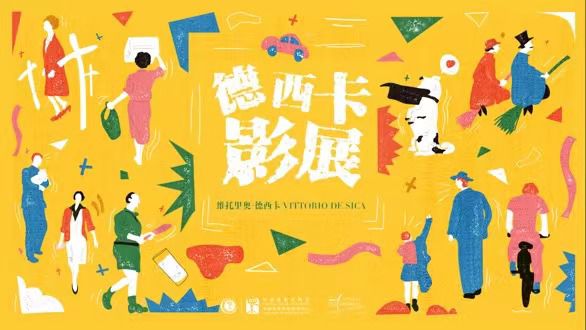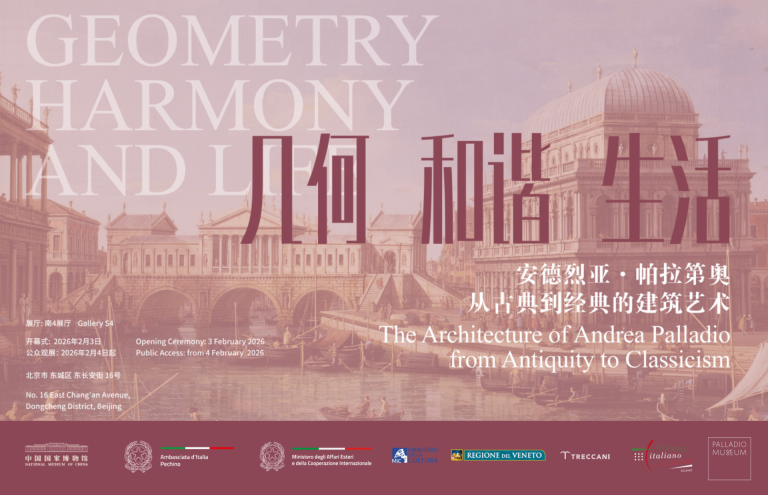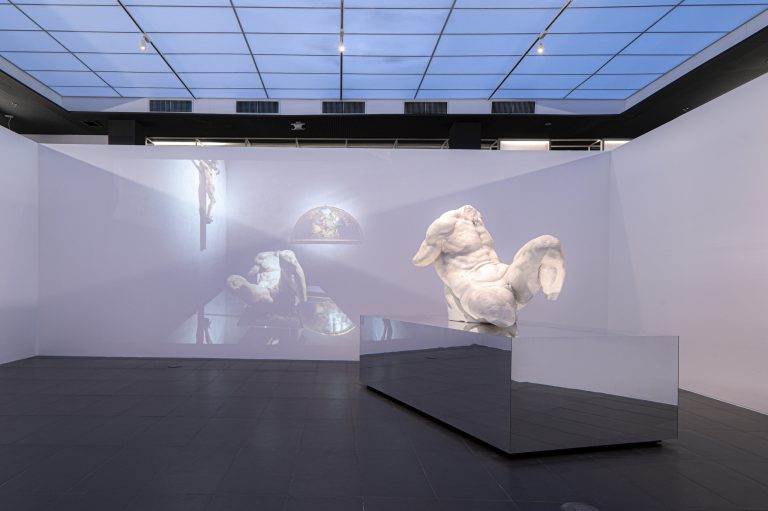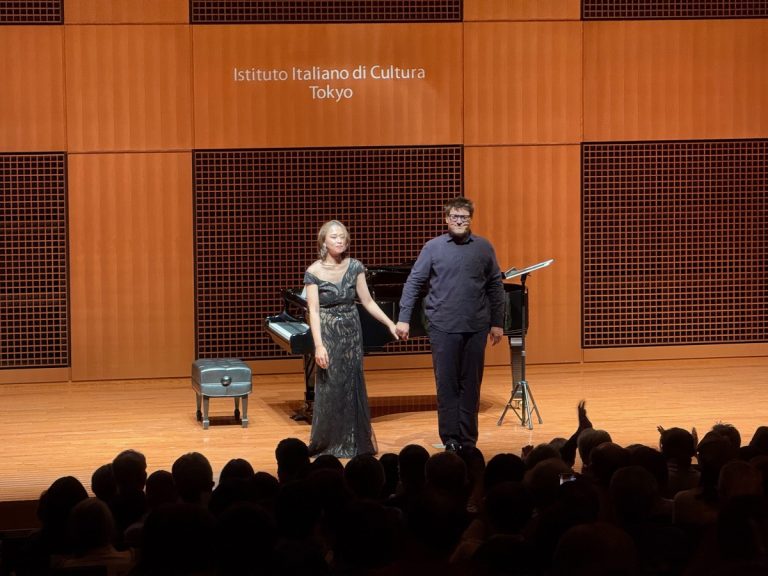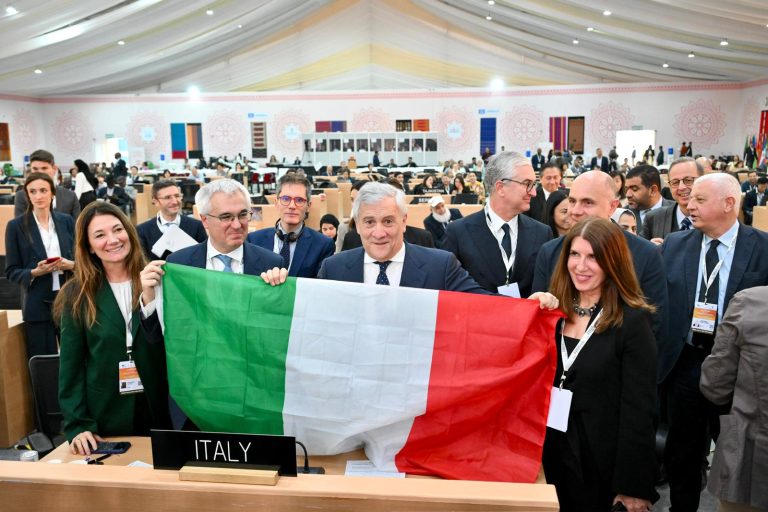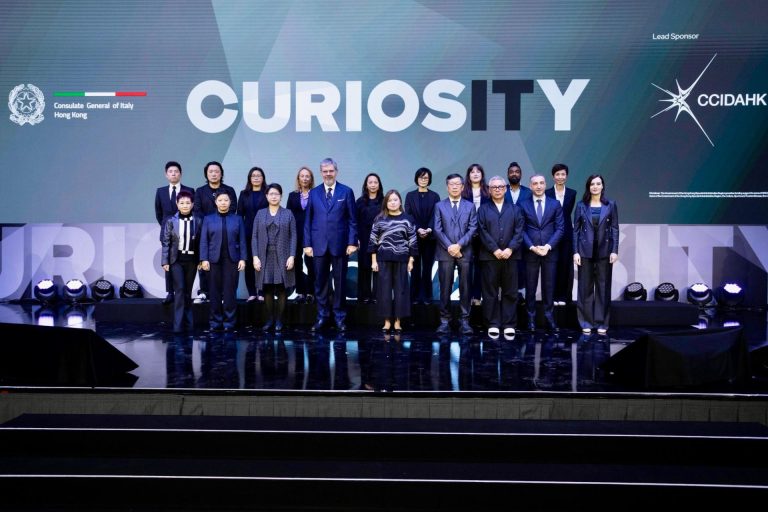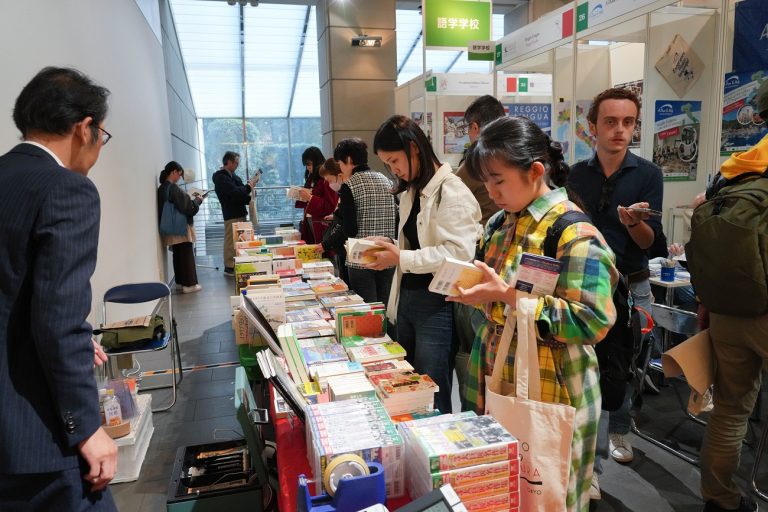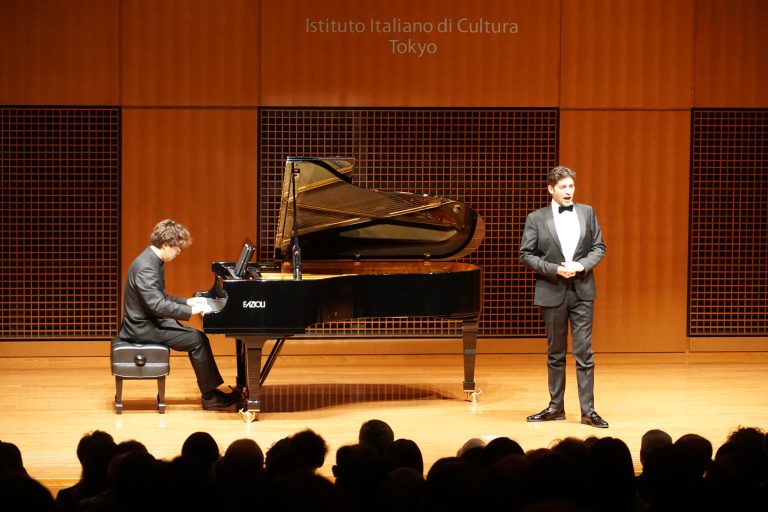The collaboration between the Italian Cultural Institute in Beijing and the China Film Archive continues. Last year’s successful retrospective of the works of Federico Fellini, in fact, will be followed this year by a retrospective dedicated to another great master of Italian cinema, Vittorio De Sica.
Opening on 25 December, until 23 January 2022, the retrospective will feature eight of the De Sica’s most representative works, hosted in the screening hall of the China Film Archive. The films will be screened in Italian with Chinese subtitles.
The festival aims at rediscovering the themes and characters portrayed in De Sica’s films.
De Sica was an actor, screenwriter and, above all, one of the filmmakers who contributed to the rebirth of Italian cinema in the post-World War II period and, together with Roberto Rossellini and Luchino Visconti, to the creation of Italian Neorealism, with two masterpieces: “Shoeshine” (1946) and “Bicycle Thieves” (1948), both of which won the special Oscar, later replaced by the Academy Award for Best International Feature Film.
In 1951, he made “Miracle in Milan”, which won the Palme d’Or at Cannes. The following year he made another of his masterpieces, “Umberto D”, considered by critics to be the high point of his work.
In the second half of his career, De Sica shifted his focus to light-hearted popular comedy. He directed “The Gold of Naples” (1954), starring Totò, Eduardo De Filippo and Sophia Loren.
In 1960, he chose Loren to play the title role in “Two Women”, based on the novel of the same name by Alberto Moravia. Loren won an Oscar and the Palme d’Or at the Cannes Film Festival for Best Actress. De Sica won two more Oscars with “Yesterday, Today and Tomorrow” (1963) and “The Garden of the Finzi-Continis” (1970). The last film he directed was the film adaptation of a novel by Luigi Pirandello, “The Voyage” (1974).
“The Garden of the Finzi-Continis” is the only colour film in this festival, made by an elderly De Sica who returned to the World War II period with the story of a Jewish family.
The eight films screened are all in DCP digital format, while “Miracle in Milan” and “The Garden of the Finzi-Continis” are 4K restored versions by the Cineteca di Bologna film archive.
The festival has received the support of the Italian Cultural Institute in Beijing.

